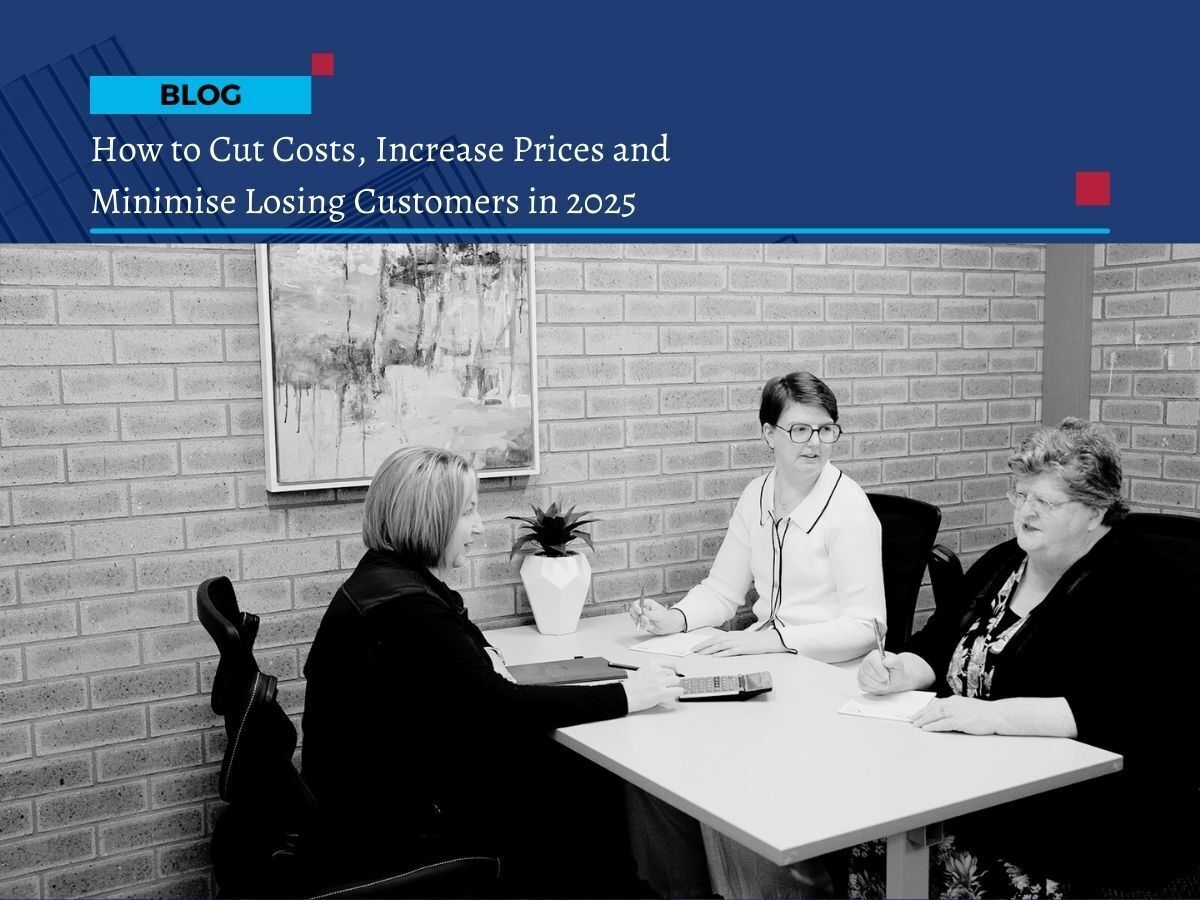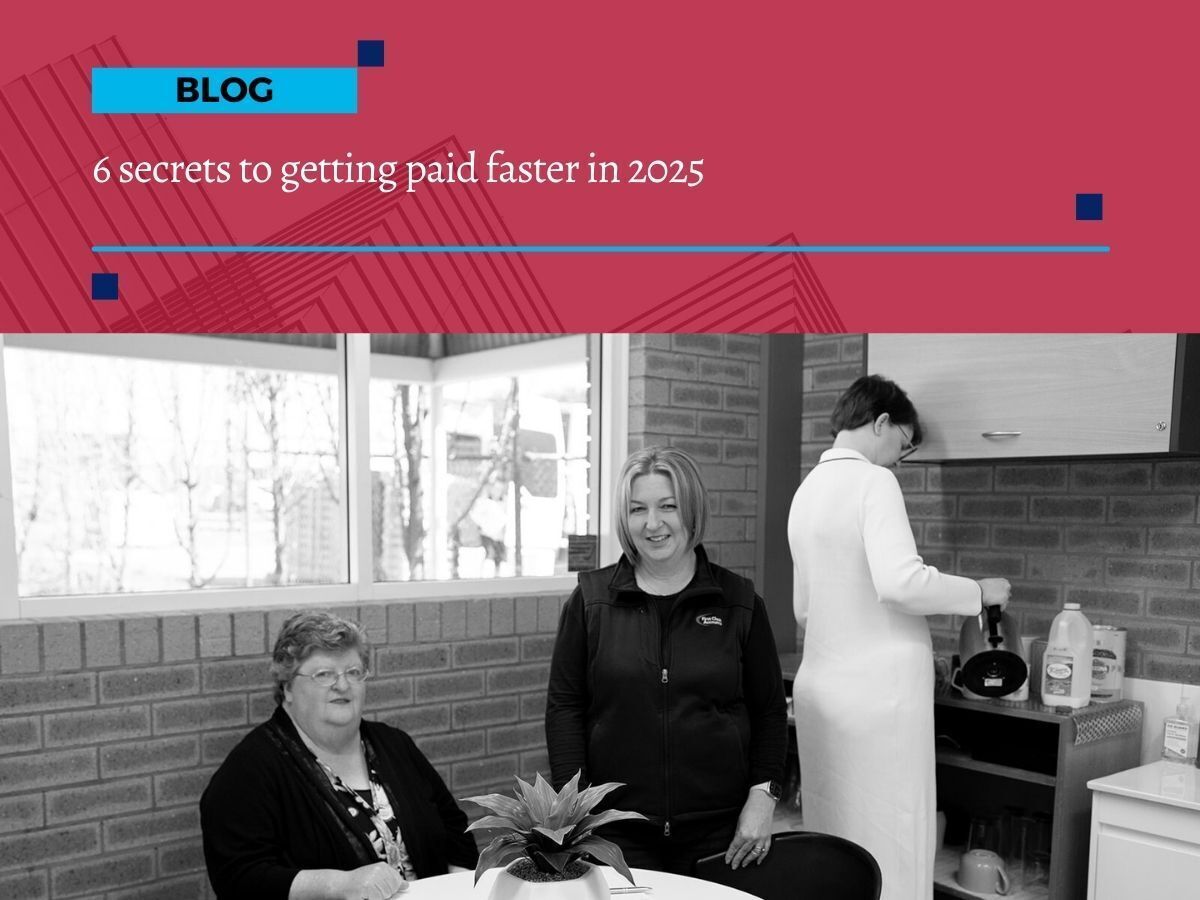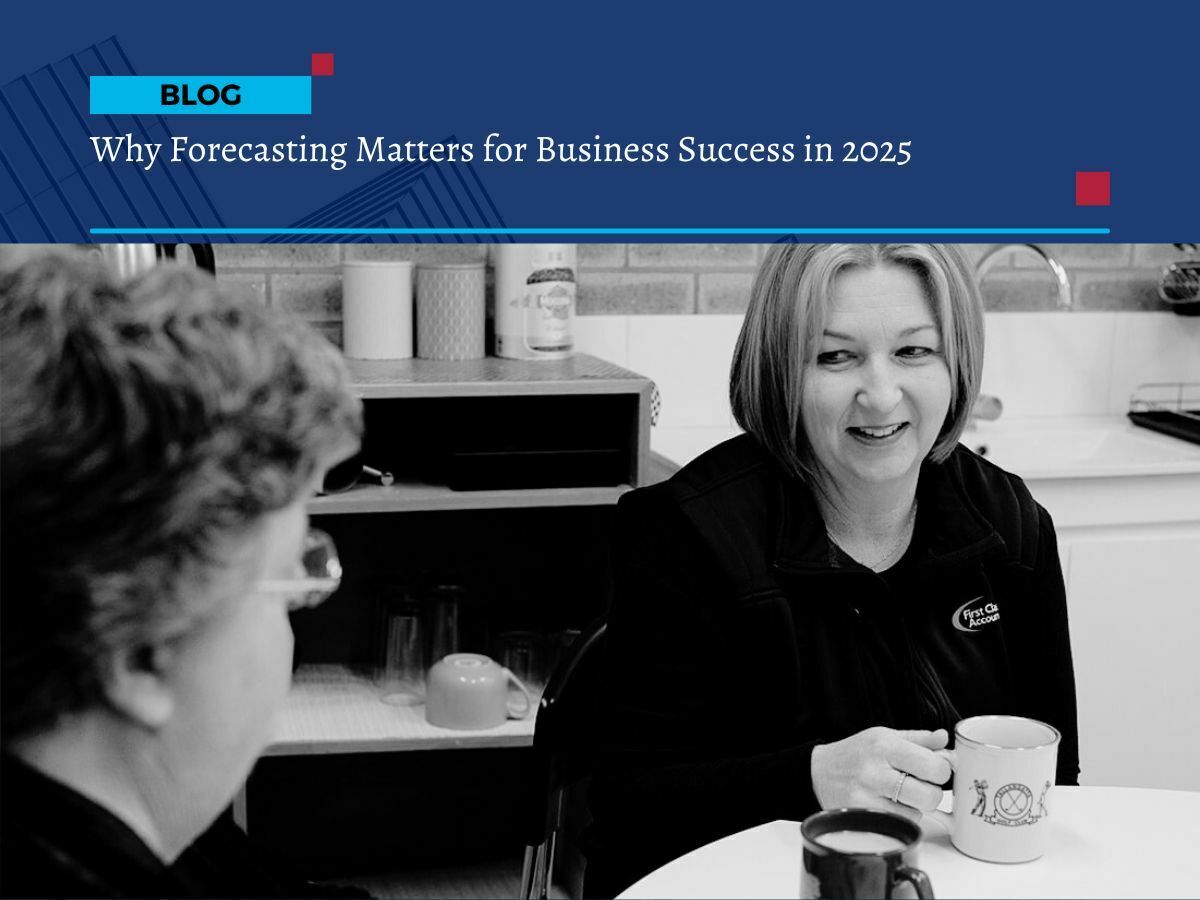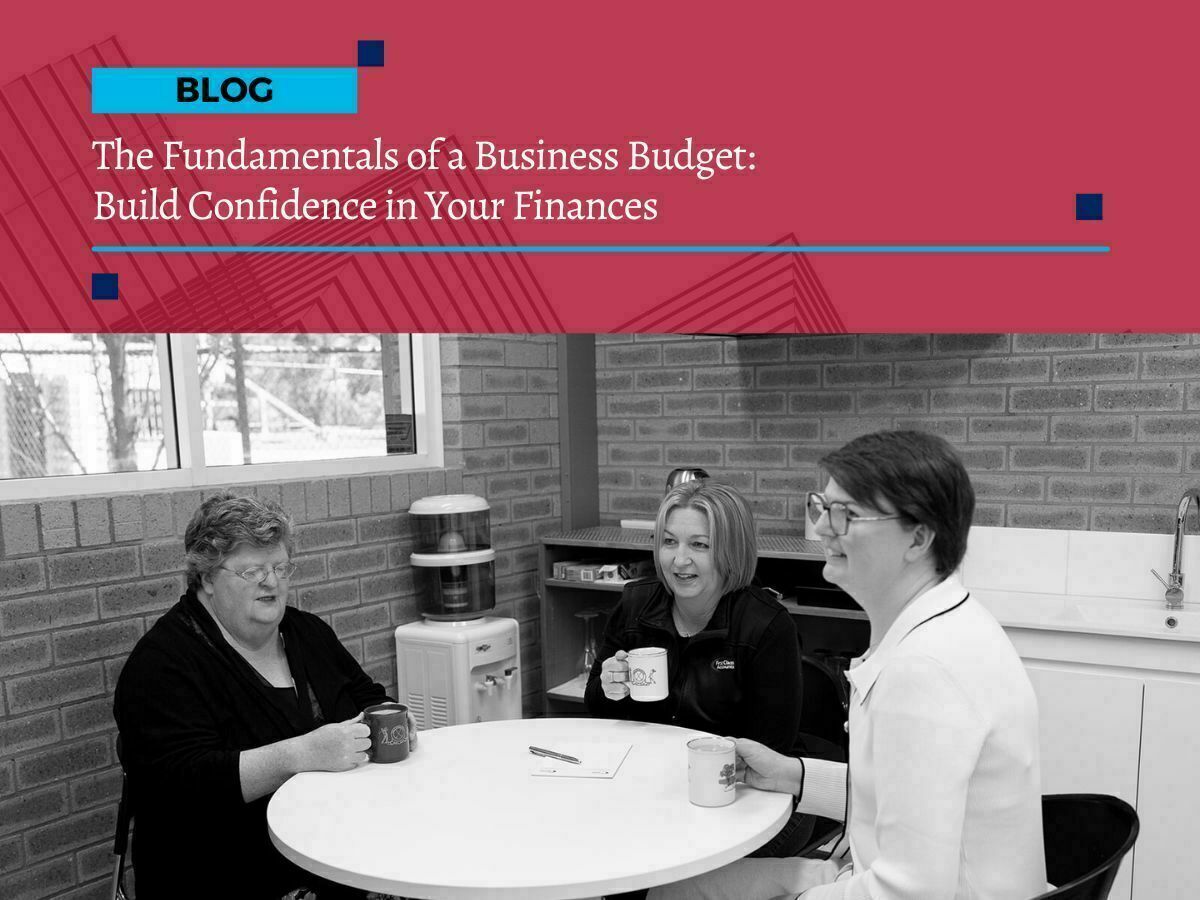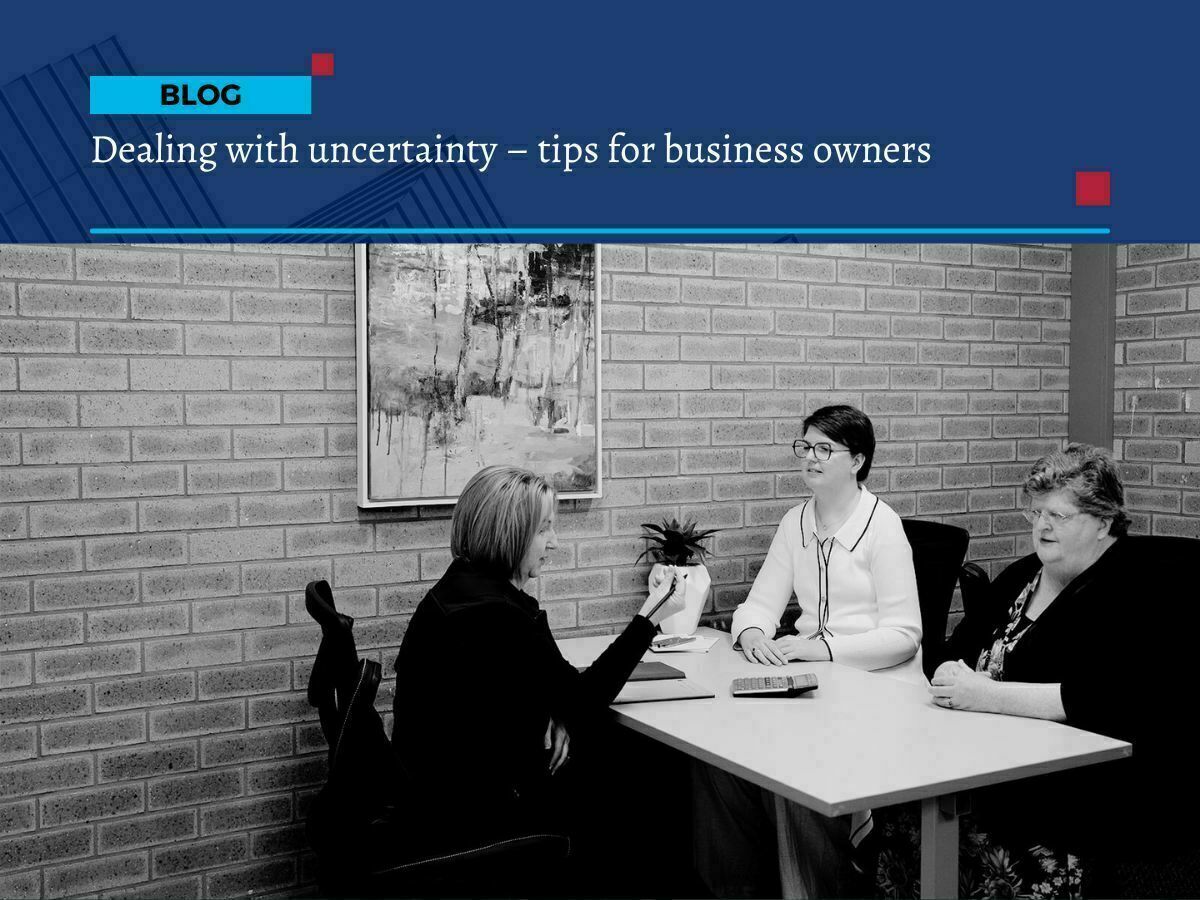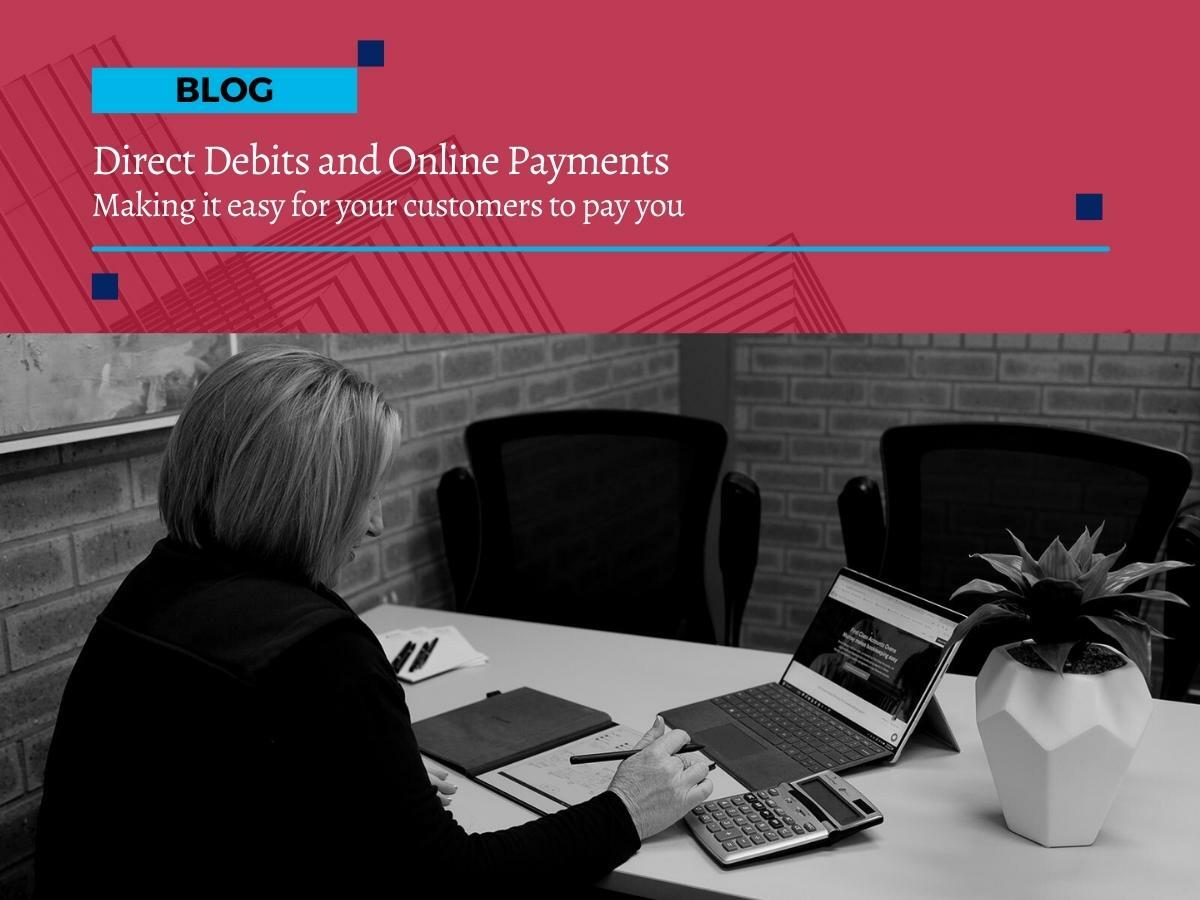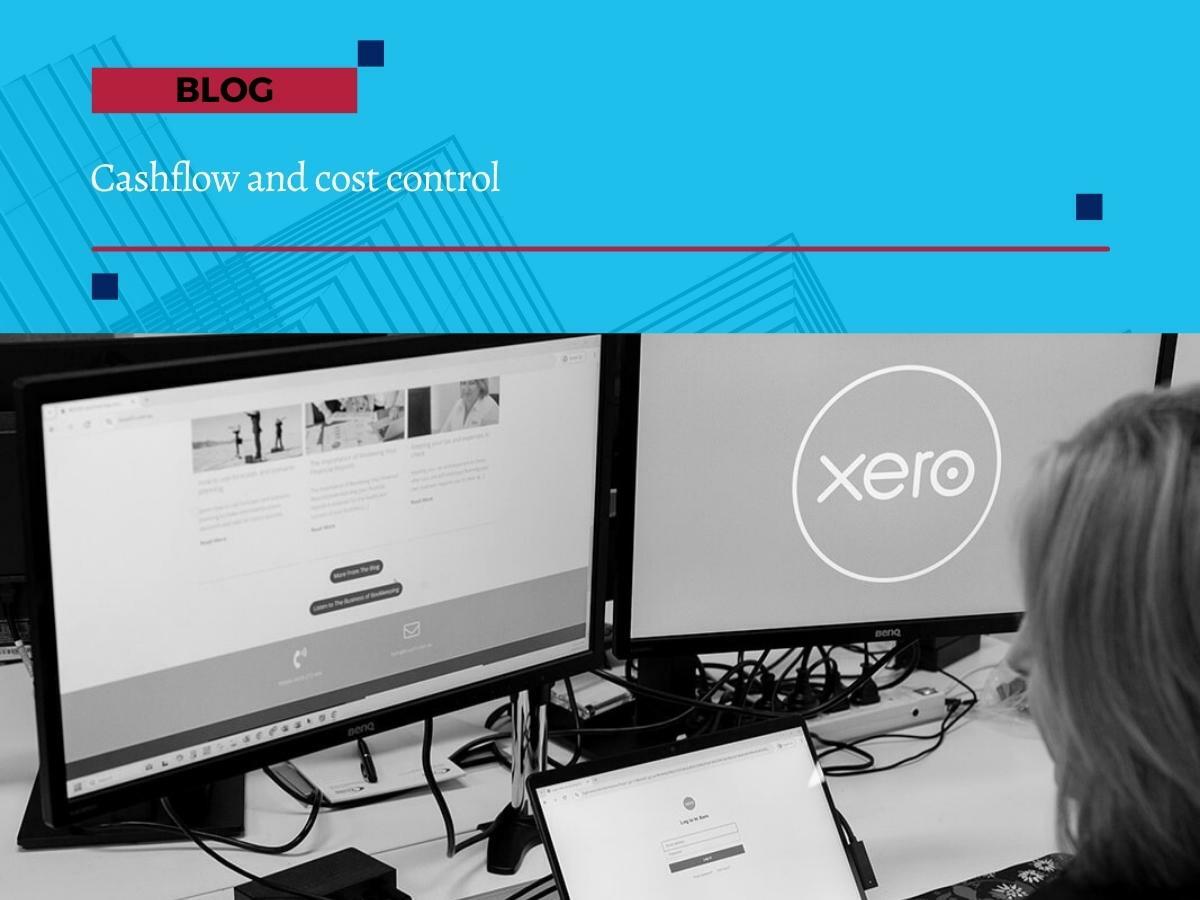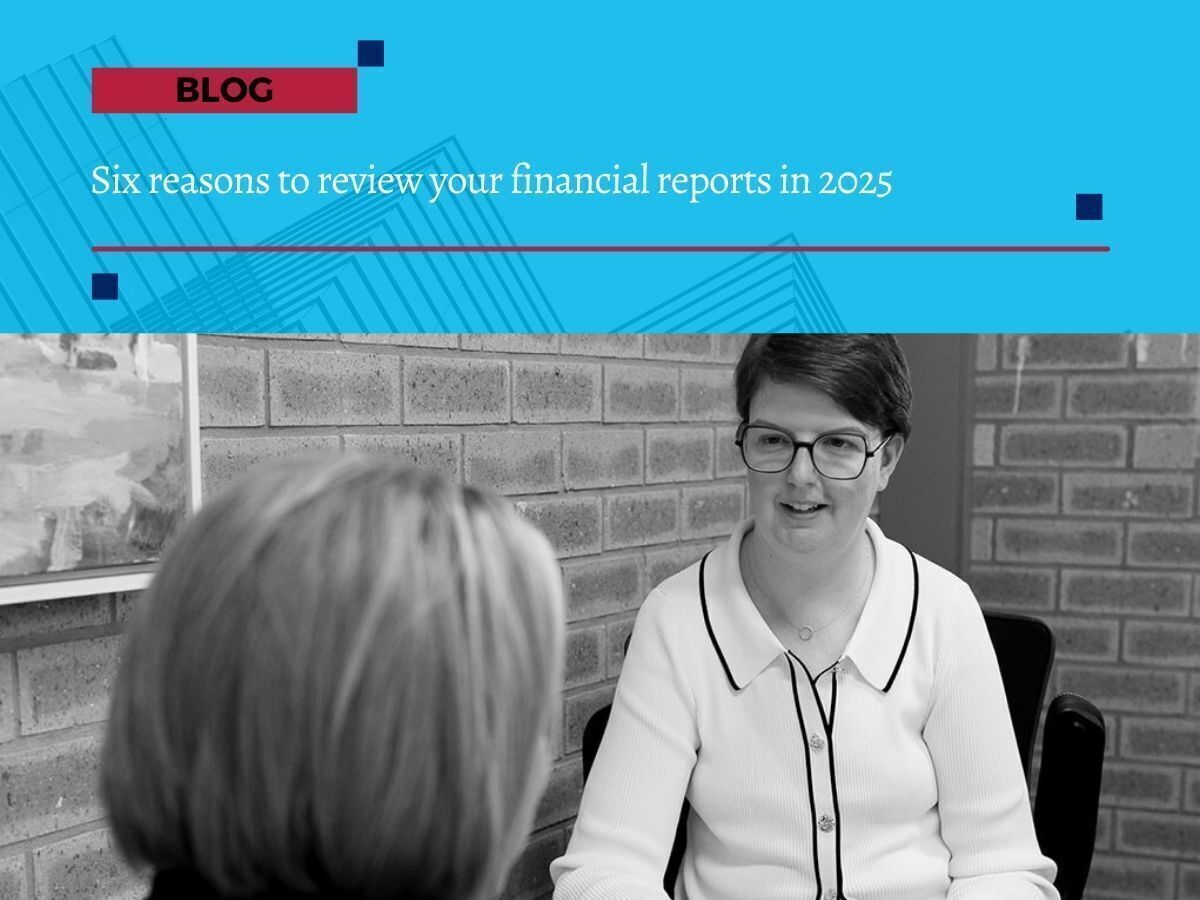
Six reasons to look at your financial reports
Six reasons to look at your financial reports
Taking time each month to review your financial reports is no longer optional, it’s essential for every business owner.
With rising costs, stricter compliance requirements, and increased pressure on cash flow, having clear visibility over your numbers is one of the best tools you have to keep your business stable and growing.
If you don’t set aside time for this, it’s easy to miss early warning signs that could affect your ability to pay staff, suppliers, or even yourself.
Why reports matter
Many business owners avoid reports because they’re time-poor or they feel the numbers don’t make sense.
That’s where having a reliable bookkeeper like First Class Accounts Ovens & Murray can make all the difference. We not only prepare the reports but also help you understand them.
Here are six reasons why reviewing your financial reports regularly matters more than ever in 2025.
Which reports to look at
At a bare minimum, and depending on the complexity of your business, you should be looking at the following:
Profit and Loss (P&L)
As the name suggests, your P&L tells you how your business is performing over a period of time, such as a month or a financial year. In broad terms it shows the revenue that your business has generated, less the expenses for that same period. In other words, it shows how profitable your business is.
Tip: Compare this month with the same month last year and check gross margin movements. Small swings often point to pricing or cost issues that are easy to fix early.
Balance Sheet
The Balance Sheet shows the value of the business’s Assets, Liabilities and Equity.
Assets include things like money in bank accounts, Plant and Equipment, Accounts Receivable balances
Liabilities include things like Bank loans and credit cards, Accounts Payable, and Hire Purchase balances
Equity is the difference between your Assets and your Liabilities and includes Retained Earnings and Owner Funds Introduced
Tip: Lenders still assess funding applications against clean, current Balance Sheets. Keeping this reconciled monthly can make finance conversations faster.
Accounts Receivable Ageing Report
This shows how much money is still owed to the business as at a certain date in time, and is usually segmented as to how overdue they are, or sometimes by how far past the invoice date they are. Generally, you will have Current, 30, 60 and 90 days columns.
Tip: Late payments remain a pressure point for many SMEs. Monitor 30+ day slippage and act early.
Accounts Payable Ageing Report
This report shows who the business owes money to as at a certain date in time and, like the Accounts Receivable Ageing report, is usually segmented by overdue period.
Tip: Review upcoming supplier, payroll and ATO obligations together so you can schedule payments with confidence. For payroll reporting, ensure your STP setup remains compliant.
So, why bother? Six reasons
1. Understand your business better
By looking at your Profit and Loss report monthly you will get a good picture of how your business is performing month by month and it will give you a better understanding of what makes up your profit.
It can be helpful to compare periods, or to look at a month by month P&L, so you can clearly see on one page the revenue and expenses month by month. This will help to identify trends in your data and may also highlight anomalies in coding or categorising.
First Class Accounts Ovens & Murray can walk you through your monthly reports in plain English, helping you understand your numbers so you can make informed decisions with confidence.
2. Accurate information for lending purposes
If you are applying for a loan or an overdraft, the bank or financial institution will look closely at both your Profit and Loss report and the Balance Sheet as a lot can be learned about a business by looking at these reports together.
We keep your accounts reconciled and reports up to date so you can provide lenders with accurate information whenever you need it.
3. Get paid quicker and reduce bad debts
By looking at your Accounts Receivable Aged Summary each month you can follow up with overdue accounts promptly which often results in getting paid quicker.
The longer an overdue amount is left unpaid the higher the risk of it not being paid at all, so it is important to keep on top of this.
We can help set up automated reminders and receivables tools through trusted partner apps, so you get paid faster and improve your cash flow.
4. Better relationships with your suppliers
Assuming you are entering your supplier bills into your accounting software (recommended for most businesses to get an accurate profitability figure) your Aged Payables report will alert you to any unpaid or overdue amounts.
Supplier relationships are an important aspect of your business and paying on time is crucial to maintaining those relationships.
Our accurate reporting and scheduling support ensures supplier invoices and employee wages are paid on time, protecting relationships and trust.
5. Better cash flow
Having an accurate understanding of how much money the business is owed, and how much money the business owes, can help with cash flow planning to ensure that there is enough money when needed.
Additionally, understanding the trends of your business, its profitability drivers, its expenses, etc., can help to plan sales and marketing campaigns so that the revenue keeps coming in.
We can prepare rolling cash flow forecasts, showing exactly what’s coming in and going out, and when. You’ll always know if you can meet payroll, super, and ATO deadlines.
6. Better decision making
Your financial reports tell the story of your business and it’s important that you understand the story that they are telling you.
The better you understand what’s going on in your business the stronger position you will be in to make better business decisions that affect the profitability of your business and its financial viability.
Our team doesn’t just produce reports, we work with you to interpret them and guide decisions about growth, pricing, and planning.
What’s next?
If you would like to know which reports are relevant to your business, and you want to better understand what’s going on in your business, then book a time with us to go through them with you.
Your business success is important to us and we are here to help you. If you’d like hands-on support setting up monthly reporting, commentary and cash flow forecasting, book a session with First Class Accounts Ovens & Murray. We will tailor a simple reporting pack for your business.
Quick FAQs
Which financial reports should I review monthly?
Profit and Loss, Balance Sheet, Aged Receivables and Aged Payables. These four give you a clear view of profit and cash flow.
How do financial reports help cash flow?
They show what is due in and out, and when. Pair them with a forecast to plan staff, super and ATO payments.
Do I need a bookkeeper for this?
A registered BAS agent or bookkeeper ensures your reports are accurate and compliant, and can add plain-English commentary so decisions are easier. First Class Accounts Ovens & Murray can help.

